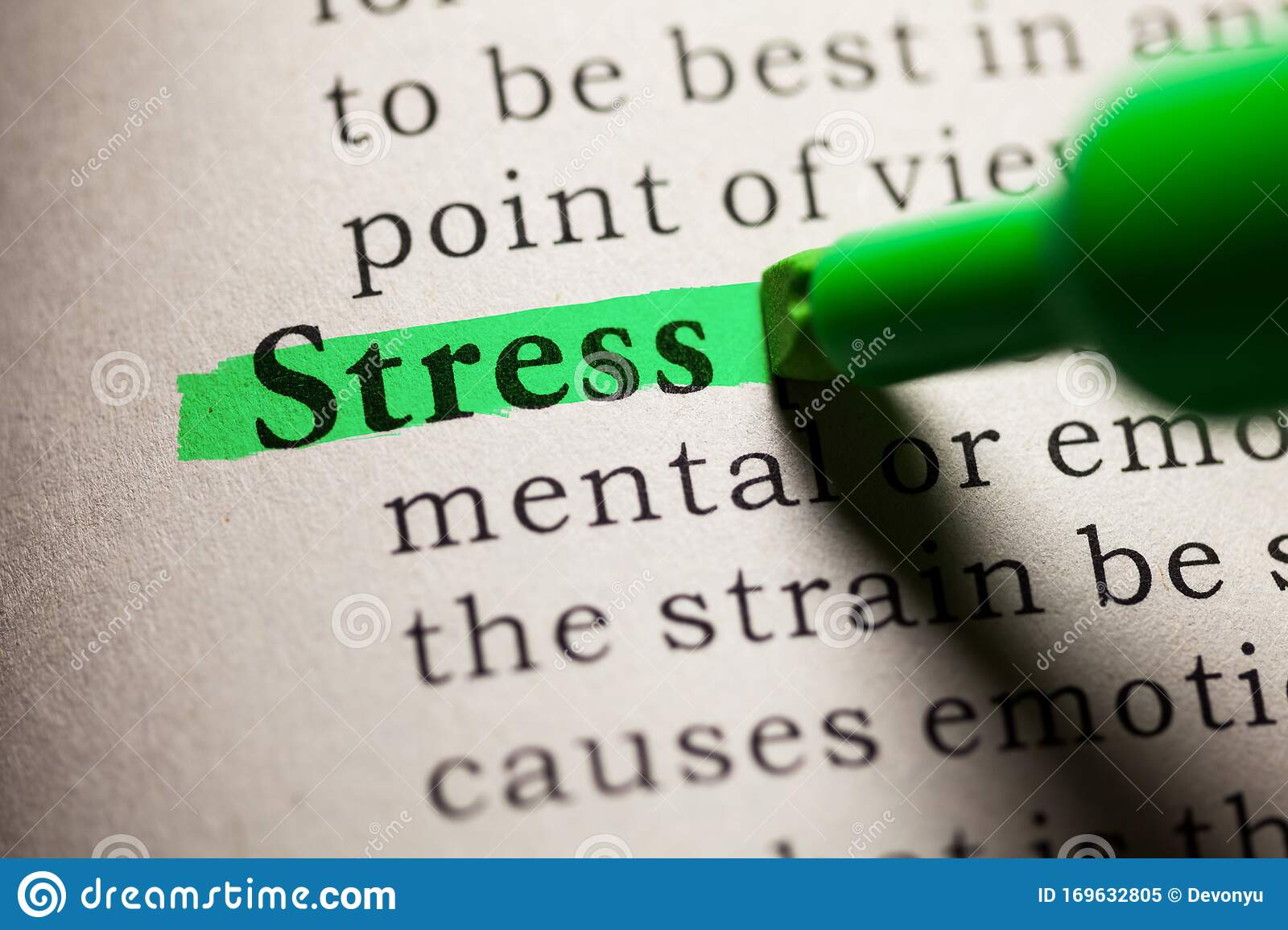
According to research, exercising can help reduce or prevent many chronic diseases. Research has shown that moderate exercise is associated with a lower risk of certain types and types of cancer. Exercise regularly is associated with lower rates of diabetes and heart disease. These conditions are more common in people who exercise regularly, and this can be prevented.
Many benefits can be derived from exercise. Exercise has been shown to improve memory and concentration, reduce depression and insomnia, lower blood pressure and cholesterol, promote bone health and boost the immune system. Furthermore, physical activity increases the number of WBCs, which means that it is an excellent anti-inflammation agent. This may help prevent various ailments. Exercise is being recommended as a treatment for chronic illnesses because of its many benefits.

The benefits of exercising are transdiagnostic. They can differ depending on what symptoms you have. Exercise can improve your sleep quality and mood as well as relieve stress and anxiety. Exercise can also help reduce the risk of developing diabetes, heart disease, stroke and other diseases. Not only can you prevent these diseases but exercise is also beneficial for maintaining a healthy weight, and overall good health.
According to the Mayo Clinic there are 29,000,000 people with diabetes in America. The vast majority of these patients are unaware of their condition, and many have never been diagnosed. A study on heart attack patients revealed a 20 to 25 percent reduction in their mortality rates compared to those who didn't participate. Other studies found even greater reductions. A large review of studies from previous years concluded that those who have had a heart attack and were able to exercise rehabilitation were more likely live longer.
Regular exercise has many benefits for your health. It can improve the quality of life and reduce the risk of many diseases, including type 2 diabetes, cardiovascular disease, and several types of cancer. Exercise can lower your risk of developing other health issues, such as anxiety, dementia, and depression. These are just a handful of the many benefits exercise has. It is important to be active and avoid the risks of chronic diseases. Exercising has many other benefits.

Regular physical activity is associated with lower rates of chronic illnesses. You can lower the risk of complications such as high blood pressure. It can also improve your overall health. A study of heart failure has shown that a high physical-activity level can prevent the formation of a stroke. You can reduce your risk of developing heart disease by increasing your activity. If you're overweight or obese, exercising can help to lose weight.
FAQ
What is the best way to lose weight?
It can be difficult to lose weight. Many people quit because they don’t know where to start.
But there are steps you can follow to shed extra pounds.
First, ensure that you consume fewer calories per day than you burn. You can gain weight by eating more calories than your body burns.
For all of those extra calories to be burned, it is important that you exercise regularly. You have the option of doing jogging or walking or cycling, as well as dancing.
Third, quit smoking cigarettes and alcohol. These habits cause you to consume more calories than you would otherwise.
Fourth, you should cut back on junk food. These can be replaced with healthier options like fruits, vegetables and whole grains.
Fifth, change your lifestyle. You may have to get up before the rest of the world to exercise.
Sixth, it is important to be disciplined about your diet and follow it.
Lastly, you can join a gym or attend an aerobics class to burn those excess calories.
You'll quickly start to notice results if you follow these simple tips.
How fast can my body be transformed?
Your mindset must be changed. You have to be willing to change.
Once you've decided to make a change, you must commit to working on your fitness for at least three months.
Then, find a program to fit your life.
Also, you need to set realistic goals. Don't spend your hard earned money on a gym membership if you don't have the motivation to work hard.
Instead, make use of your time outdoors.
Walk around your block for an hour every day to burn calories and help you lose 1 lb per month.
Once you know what your plan is, it's time to start organizing your life in accordance with this plan.
This includes making sure that you schedule a time to work out every morning before leaving for work and take breaks throughout the day to move.
When you achieve milestones, reward yourself. You can buy accessories and clothes that reflect your success.
What is the best workout order?
It depends on what you are looking for. First, lift heavy weights if you are looking to increase muscle mass. Then, move on to cardio. Then if you want to lose weight, go from cardio to strength training.
Start with cardio if you only want to lose fat. Then add strength training after.
If you are looking for muscle mass, cardio should be your last option. Cardio stimulates growth hormones and helps build muscle mass.
It is important to eat before going to work out. This will fuel your muscles, making them work harder. It will also make you feel more energetic during your workouts.
Statistics
- An estimated calorie range for moderately active adult males falls between 2,200 to 2,800 calories per day, depending on age. (eatright.org)
- The PRS enabled risk stratification for overall prostate cancer and lethal disease with a four-fold difference between men in the highest and lowest quartiles (HR, 4.32; 95% confidence interval [CI], 3.16-5.89). (pubmed.ncbi.nlm.nih.gov)
- Cardmembers earn 5% Back at Amazon.com with a Prime Credit Card. (amazon.com)
- According to the American Heart Association, blood pressure should be checked at least once every two years, beginning at age 20. (my.clevelandclinic.org)
- By John Thompson Take a whopping 38% off a set of PowerBlock Pros. (menshealth.com)
External Links
How To
What nutrients does a man require daily?
Men need healthy growth and development. The body requires vitamins, minerals, proteins, carbohydrates, fats, water, fiber, and other essential elements.
You also need specific nutrients for different times in the day. Your body makes hormones, antibodies and enzymes when you are asleep. When you awake, protein is used by your body to build muscles or repair damaged tissue.
Your body stores extra energy as glycogen and breaks down fat at night. Your body has less energy but still requires enough nutrients during this time. You may have an occasional snack during the evening hours if you feel hungry.
Working out requires adequate carbohydrate and protein intake. Muscle soreness can occur if you work out hard.
You must ingest carbs and protein within two hours of training to prevent this. Your body will use stored glycogen to produce glucose for energy.
Additionally, it is important to eat protein right away after your workouts are over. This prevents muscle tissue being destroyed while you're sleeping.
Your body makes lactic acid when you are doing intense physical activities. Your body can build up lactic acid in the bloodstream which causes fatigue. To avoid this, you should eat foods rich in carbohydrates, such as fruits and vegetables.
Carbohydrates are a good source of energy to help you recover from hard exercise.
In addition, you may want to include lean meats, fish, eggs, milk, cheese, yogurt, beans, nuts, and seeds into your diet.
All of these foods have high-quality protein. Protein promotes muscle growth and repairs damaged tissues. Protein is also necessary for the production of sex hormones such as testosterone.
Good skin, hair, and joint health requires adequate dietary fats. Healthy men require between 20% and 35% of total caloric intake from fat.
Fat helps protect your heart health and prevents cancer. It also keeps your brain functioning properly.
You can get most of the fat you need from vegetable oils like olive oil, sunflower oil, corn oil, soybean oil, peanut oil, and safflower oil.
These oils are high-in monounsaturated, unsaturated fatty acid (MUFAs). MUFAs reduce cholesterol and inflammation. They also protect your cells from damage caused by free radicals.
Saturated fats (SFAs) are found mostly in animal products like meat, dairy products, and butter. SFAs raise LDL ("bad") cholesterol and increase triglycerides. They also promote weight gain and belly fat.
Polyunsaturated fats (PUFAs) are found in plant-based sources like vegetable oils, nuts, seeds, and grains. PUFAs reduce inflammation and improve cardiovascular function. They also reduce blood sugar, cholesterol, and other inflammatory factors.
Men with low HDL ("good") cholesterol often suffer from erectile dysfunction. Saturated fats are a major source of bad cholesterol. This lowers good cholesterol.
Men who eat large quantities of red meats or pork may develop prostate problems. If cooked at high temperatures, the nitrates become nitrosamines. These compounds cause cancer.
Many processed meats are high in nitrites, and other dangerous chemicals. Avoid them.
According to the American Heart Association, you should limit your consumption of red meat to no more that 2 meals per week. Choose poultry, fish and legumes instead.